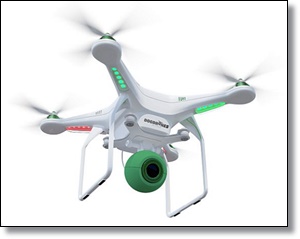 If you have noticed mucus or blood in your dog’s stool or blood in your dog’s urine, you may be wondering if it is a cause for concern. Bloody diarrhea can be especially worrying. While these are symptoms of other conditions, they don’t identify the exact cause of the underlying problem. Usually observing any other unusual symptoms can help narrow down the reason for mucus or blood in your dog’s stool or blood in your dog’s urine, but your veterinarian is the one who will be able to confirm a diagnosis and give you the right advice for treatment. You should inform them of any other symptoms that are out of the ordinary, especially bloody diarrhea, and you may be asked to provide a sample from your dog for analysis. You should definitely consult your veterinarian as soon as possible if you see these symptoms. Leaving it up to chance can have dire consequences for your dog. Here is what you should know about mucus or blood in your dog’s stool or urine.
If you have noticed mucus or blood in your dog’s stool or blood in your dog’s urine, you may be wondering if it is a cause for concern. Bloody diarrhea can be especially worrying. While these are symptoms of other conditions, they don’t identify the exact cause of the underlying problem. Usually observing any other unusual symptoms can help narrow down the reason for mucus or blood in your dog’s stool or blood in your dog’s urine, but your veterinarian is the one who will be able to confirm a diagnosis and give you the right advice for treatment. You should inform them of any other symptoms that are out of the ordinary, especially bloody diarrhea, and you may be asked to provide a sample from your dog for analysis. You should definitely consult your veterinarian as soon as possible if you see these symptoms. Leaving it up to chance can have dire consequences for your dog. Here is what you should know about mucus or blood in your dog’s stool or urine.To read more on this story, click here: Mucus or Blood in Dog’s Stool or Blood in Urine: What Does It Mean?
FOLLOW US!












